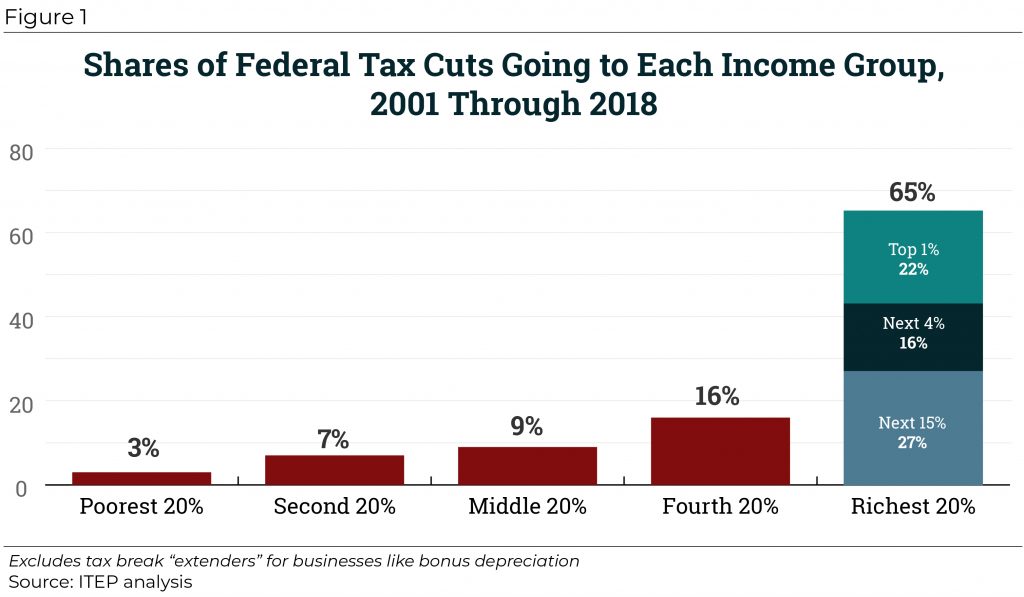Medicaid turns 53, continues to provide high-quality care
Monday marked 53 years since the enactment of Medicaid, a crucial part of the U.S. health system that has improved outcomes for children, parents, pregnant women, seniors, people with disabilities and low-income workers.
It’s an anniversary worth celebrating. More than 357,000 Mainers are able to get comprehensive, affordable health care because of Medicaid, known in our state as MaineCare. Nearly half of Maine children are covered by MaineCare, as well as nearly one-third of seniors and people with disabilities.
Our partners at the Center on Budget and Policy Priorities highlighted five key reasons Medicaid works (read more here), ranging from the high quality of care it provides to the long-term benefits on children’s educational attainment and lifetime job earnings.
Update on Maine’s Medicaid expansion
The economic and health benefits of Medicaid are key reasons MECEP champions the program’s expansion in Maine, a policy approved by voters at the ballot box in 2017 after a successful referendum campaign MECEP supported. Our analysis of the policy’s benefits in 2014 continues to be widely cited. Updated estimates reveal that Medicaid expansion won’t only provide coverage to 70,000 Mainers. It will also create nearly 6,000 jobs and generate $684 million in economic activity.
Today, Medicaid expansion is the law of the land. As of July 2, newly eligible Mainers could begin to apply for care. However, Gov. Paul LePage and his allies in the Legislature are blocking the bill’s implementation. Patients and health care advocates have sued the governor’s administration to make him uphold the law approved by voters and expand health care now.
In the meantime, we’re urging Mainers to check their eligibility for MaineCare, and get their friends to check too. One in 20 Mainers became eligible for coverage under the new law. Our state is small and tightly knit. You probably know someone who could benefit from this access to life-saving, affordable health care. While the lawsuit against the governor has yet to be settled, one thing is certain: The sooner eligible Mainers sign up for MaineCare, the sooner they’ll get it. Applying right away preserves an individual’s right to care under the law, holding their place in line. They may even receive temporary coverage before the lawsuit is settled, and retroactive coverage once the law is implemented.
Determining your eligibility is easy with this simple tool. Please forward this email widely, so that people you know can also determine theirs.
Featured blog post: New report shows wealthiest one-fifth of Americans have reaped 65 percent of federal tax breaks since 2001

Since the Bush Tax Cuts were enacted at the dawn of the new century, the richest 20 percent of Americans have seen their fortunes boosted by lopsided federal tax policy that favors the wealthy.
That’s the finding of a new report from the Institute on Taxation and Economic Policy. MECEP Policy Analyst Sarah Austin took a look at the report in our blog. She writes: “Federal tax policy changes have contributed to widening income inequality. Since 1999, the bottom 40 percent of households have been losing ground on income, while the top 40 percent have seen their income rise. While not the sole contributor to income inequality, the tax choices made at the federal level have worked to exacerbate existing trends by boosting the income of those households already seeing income gains, and largely leaving unchanged the after-tax income of the poorest Americans.”
Click here to read Sarah’s blog post.
MECEP In The News
– Policy Analyst James Myall was interviewed for a Mornining Sentinel story, published July 7, about how Maine’s demographic trends are contributing to a tight labor market in Maine.
– MECEP’s research continues to be cited in the ongoing debate around a municipal paid sick leave policy for Portland. Our analysis indicates that 19,000 workers in Portland are currently unable to earn even one hour of paid sick leave. While a citywide policy would immediately cause some employers to incur news costs in the form of additional wages, these costs would be more than offset by gains in employee productivity and the reduction in turnover-associated training costs. We project Portland’s employers would see $19.8 million in savings as a result of the proposed paid sick leave ordinance.
– When reporters cover Maine’s economy, they continue to turn to MECEP to provide context and analysis. In this July 26 story, the Portland Press Herald relied on our expertise to explain slow GDP growth in the first quarter of 2018.


